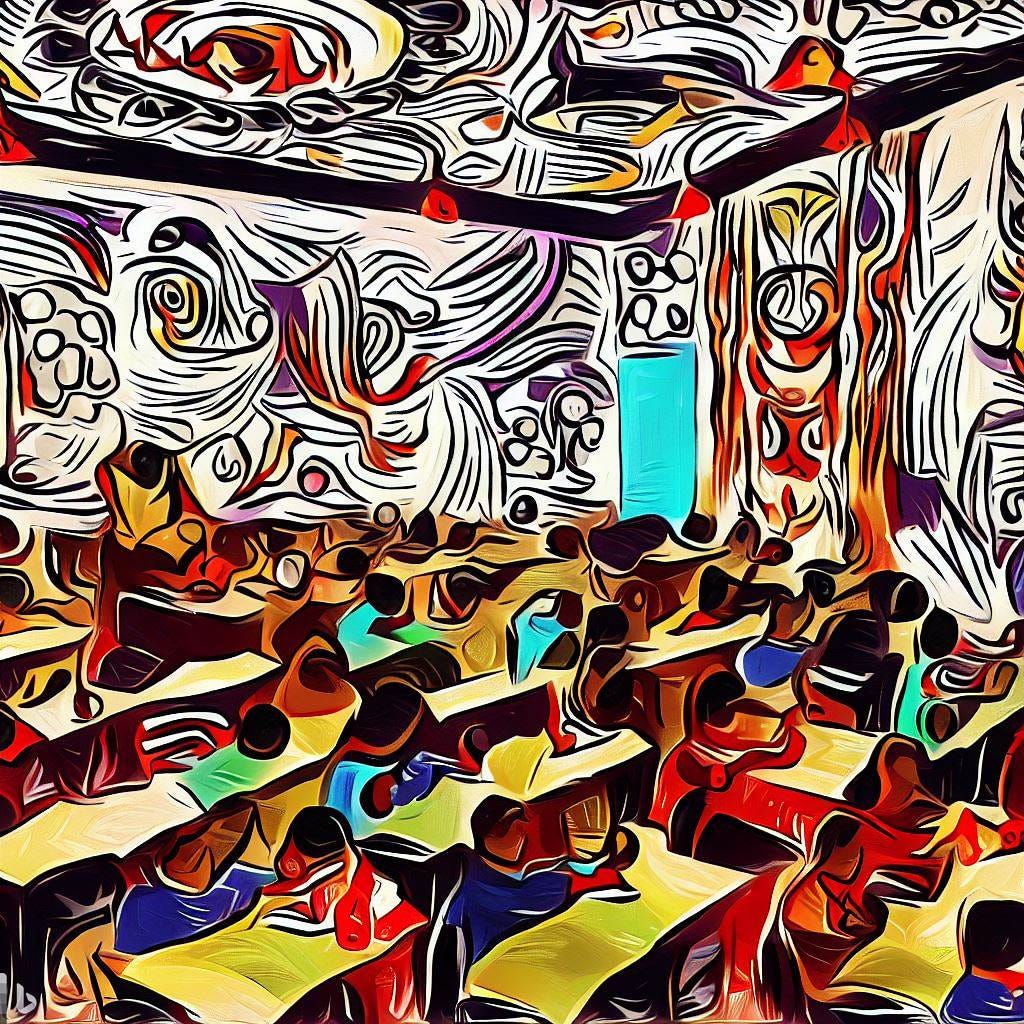There Just Isn't Enough Money
Governments in Sub-Saharan Africa will not be able provide quality public services until national economies grow.
From one perspective, Adolf Faustine Mkenda would have been fairly happy in early 2020. The Tanzanian Education Minister’s portfolio was one of six priority sectors for the government. Government coffers had swollen to a record 26.13 trillion Tanzanian shillings (US$11.3bn) and Mr Mkenda’s ministry was set to receive around 16% of this, an impressive sounding $1.8bn.
But from another perspective, the minister might not have been so excited. Angie Motshekga, Mr Mkenda’s counterpart in South Africa, a country of similar population, had about $66bn to spend. Whereas Giuseppe Valditara, Italy’s education minister and another country with a population hovering around 60 million, had a budget that topped $100bn. If Mr Mkenda looked beyond his borders, he might have felt a little bit short changed.
These comparisons highlight one salient fact. Governments south of the Sahara just don’t have enough money. Recently the United States’ ambassador to Liberia, Michael A. McCarthy, wrote a piece lamenting the poor state of public services in Liberia. There is no doubt he is right about the services Liberians receive from their government. As the brilliant Ken Opalo points out, the Ambassador’s proposed remedies – cutting back on salaries and entitlements of MPs, small and targeted road maintenance, and (an implied) crack down on corruption – are hardly bad ideas. But the Ambassador misses the point: Liberia needs a lot more money. Changes such as these just aren’t going to deliver the fiscal returns Liberia needs to run a functioning state to the level that the majority of the world’s citizens receive from their governments.
This problem is endemic across Sub-Saharan Africa (SSA). Populations are large, economies are small, and governments are only able to collect a comparatively modest percentage of GDP through tax and other revenues. For example, the Tanzanian government’s tax take as a percentage of GDP is 12%; for South Africa and Italy the percentages are 29% and 42% respectively. When converting this to the amount of money each government has to spend on each citizen per year, we get the following:
The numbers are stark. For every dollar the Tanzanian government has to spend on public services, the Italian government has 49. No amount of hair-shirted salary sacrificing by MPs will bridge this gap. When next year’s budgets roll around, these disparities will be more or less the same. On a global view, the governments of SSA are almost uniformly revenue poor.
If Tanzania was able to collect tax at the same rate as Italy, Mr Mkenda’s budget would be $6.3bn. More schools, more books, better teachers; still well short of Italy’s $100bn education budget, but a meaningful boost to an under-resourced sector. For governments in Sub-Saharan Africa to achieve OCED level of tax collection requires significant investments in tax infrastructure and efforts to move more of the workforce into the formal, and more easily taxable, sector. That means off subsistence farms and into factories and jobs with monthly salaries. GPI will have more on the drive for formalization in later posts.
But at the heart of the matter is an economy which is just too small for its population. If the Tanzanian government is to deliver a better standard of public services to its citizens, transformational economic growth will be required. Italy’s GDP is more than 31 times as large as Tanzania’s. Frugal MPs and efficient tax collection can only get a country so far. Broad-based sustainable economic growth is the engine that drives improvement in public services, and development outcomes in general.




The less govt (in Africa) the better. The good news is that most programs can be cut completely and not only will things not get worse they will get better. For example if there were less central bankers who could manipulate the currency that would be good. Most African schools beat children into obedience and remove their creativity. Less of this would be good. Less regulations. Sell off paradtatals that are losing money like a Kenya Airways and let an entrepreneur actually make them profitable.
See Heart of a Cheetah by Magatte Wade
This is the exact reason I want to get into infrastructure/economic development in Sub-Saharan Africa. Infrastructure development in like roads, bridges, train will bring about the economies needed to fund tax revenue gaps to afford public services. But after reading this, it does make me think about the “chicken or the egg” paradox.